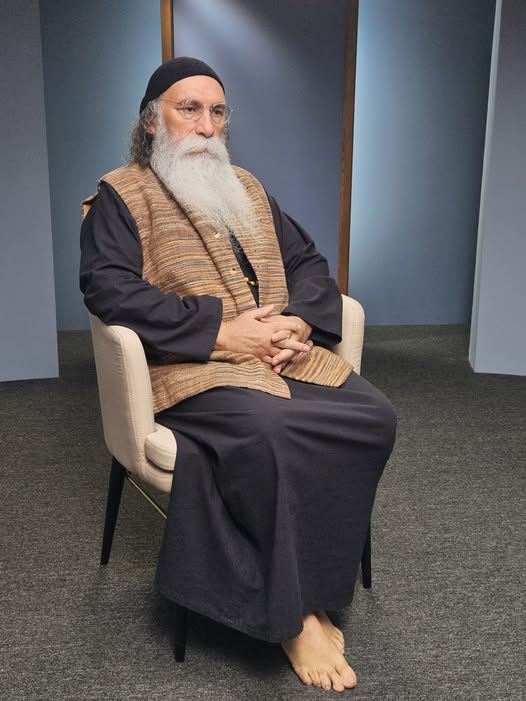“In a contemporary society marked by the systematic repression of sexuality, by conceptual confusion, ignorance, neurotic guilt, and frequent ideological instrumentalization, there is a pressing need to reconsider it rigorously. It is not appropriate to foster antagonism between the sexes or accumulate identity labels, but rather to understand sexuality as an integral dimension that involves the body, consciousness, and intersubjective relationships. This task cannot be accomplished through media discourse or political slogans, both of which are dominated by reductionism incompatible with a rigorous understanding. Instead, it requires calm attention and thinking nourished by traditions that have approached sexuality from a sapiential perspective. Among these traditions, tantra stands out, especially in its philosophical development within Kashmir Shaivism, where sexual experience is not conceived as a threat to spiritual life, but as a legitimate path to transformative knowledge.
Abhinavagupta, a central master of this tradition in the 10th century, elaborates in his Tantrāloka a conception in which desire, far from being eliminated, must be integrated through discipline, lucidity, and ontological openness. In his view, the erotic act can become an occasion for recognizing the ultimate identity between the relative and the absolute, provided that it is not confused with mere sensory satisfaction.
In a similar vein, Saraha, a key figure in Indian Tantric Buddhism, teaches that the erotic experience, when freed from ignorance and attachment, can reveal a direct, non-discursive wisdom. For his part, Padmasambhava, who introduced tantra to Tibet, asserts that desire should not be denied, but transformed through attention, equanimity, and unconditional compassion.
Appropriating this heritage does not imply adopting dogmas or replicating ritual practices without understanding. It requires re-educating our gaze, forming a sensitivity capable of perceiving sexuality as a realm of lucid presence, free from domination, guilt, or violence. Understanding it requires ethical maturity, reflective capacity, and openness to others without instrumentalization. Thus, intimacy, far from being degraded, can become a legitimate territory for a search for truth and shared attention.”
Prabhuji




